"I approach each day with positive energy and an openness to learn from my students as much as they learn from me."
What led you to work for PETA?
I have over 10 years of experience working as a mechanical engineer in industry as well as into engineering teaching at the university level. In these roles, I solved complex problems related to thermodynamics, fluid systems, heat transfer, and mechanical design, health and safety at engineering workplace, application of mechanical systems, maintenance engineering, engineering project. My industry experience at various technology and manufacturing and designing companies sparked my interest in educating and mentoring the next generation of engineers. I find great meaning and purpose in helping students develop the knowledge and skills needed to solve complex problems that improve people's lives.
What is your role at PETA and what drives you to do what you do?
As an Instructor of Mechanical Engineering, I teach a range of courses and qualifications which include Mechanical Principles, Engineering Mathematics, Thermodynamics, Fluid Mechanics etc. My goal is to not only teach students technical competencies, but also nurture their creativity, ethical responsibility, communication, and teamwork abilities. Further, my goal not only involves providing a rigorous foundation but also inspire them to think critically over application of their skills to build more just, equitable and sustainable society. I aim to inspire students to innovate solutions that advance sustainability and social justice. I strive to create an inclusive learning environment where all students can thrive.
What knowledge and experience do you draw upon for your role?
With every class, I draw heavily on knowledge and skills built over years as a practicing engineer to provide current, real-world examples and hands-on learning. However, I'm also continuously expanding my own knowledge in emerging fields.
My teaching style balances theory and practical application through projects, simulations, and discussions which aims to create an inclusive, dynamic environment with a mix of theory and application. We tackle problems, work on simulations and projects, engage in discussions about the societal impacts of technologies, and collaborate in teams. Key skills include technical knowledge, communication abilities, creativity, adaptability, and relationship building. I approach each day with positive energy and an openness to learn from my students as much as they learn from me.
How do you approach your role on a day-to-day basis? What skills are required?
I enjoy mentoring students and volunteering with engineering outreach programmes to increase access and diversity. I am passionate about educational equity and sustainable community development. My values include integrity, compassion, courage, justice and embracing diversity. Making a positive difference in my students' lives is what's most important to me. I'm driven by a personal sense of social responsibility and passion for educational equity. My hope is that my efforts to expand pathways for all students to participate in STEM fields can help create more just, sustainable communities. My core values are integrity, courage, justice, compassion and embracing the diversity of human experience. Making a lasting positive difference in my students' lives is what I consider true success to be.
What is your teaching style?
I promote contextual learning and frequently have students work in teams to solve ill-structured challenges mirroring those faced by companies. These activities aim to nurture the critical thinking, creativity, communication, and collaboration competencies essential for young engineers today. I incorporate a lot of visualization, demonstrations, and simulations using cutting-edge software to bring abstract engineering principles to life, spark curiosity and discussion. I'm a firm believer in eliciting the unique strengths and perspectives of each student to enrich the learning for all. My flexible style adapts to students’ needs, integrating their interests to sustain motivation. I approach teaching as the joy of igniting potential rather than imparting expertise.
What are you passionate about outside of work?
Outside of work, I embrace opportunities to fuel my curiosity and creativity, connect with people from diverse backgrounds. I'm an avid reader across genres and love attending author talks and book clubs. I also enjoy live music, indie films, hiking, and international travel as ways to expand my perspective. As an advisor for two student competition teams, I have mentored students in designing various equipment systems. Seeing their ingenious creations come to life renews my sense of possibility. Troubleshooting challenges with students in patient, creative ways provide lessons I bring back to my university teaching.
What are your personal values, and what is important to you?
I am driven by my passion for educational equity and sustainable community development. My hope is that by proactively nurturing diversity in STEM fields, I can contribute to building more just, resilient communities. I aim to plant seeds that empower students to have the confidence, compassion and creative ambition to confront pressing global issues through engineering advancements. My teaching and mentoring are grounded in empathy, integrity and courage – the empathy to understand barriers faced by students from all walks of life; the integrity to inspire them towards justice and sustainability; and the courage to have difficult but necessary conversations that challenge assumptions and provoke social change. I embrace the diversity of human life experiences, abilities and perspectives as essential to creatively solving multidimensional global issues. My purpose is to nurture the seed of potential waiting to unfold inside each student. My legacy will live on through their lives and the positive impacts they have on the world.
